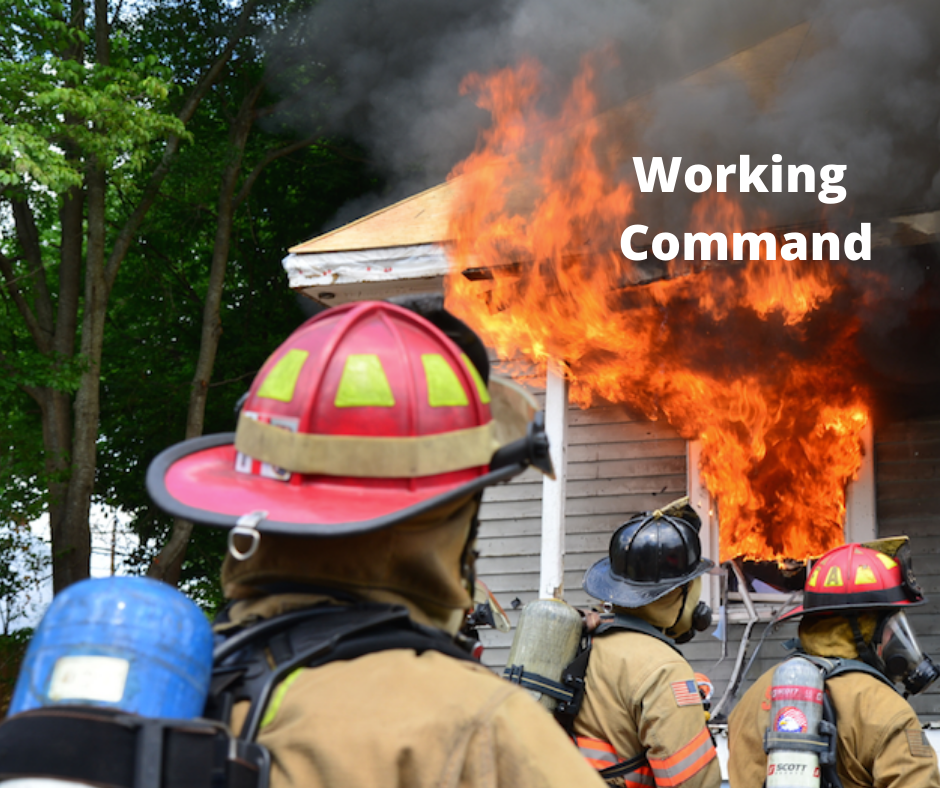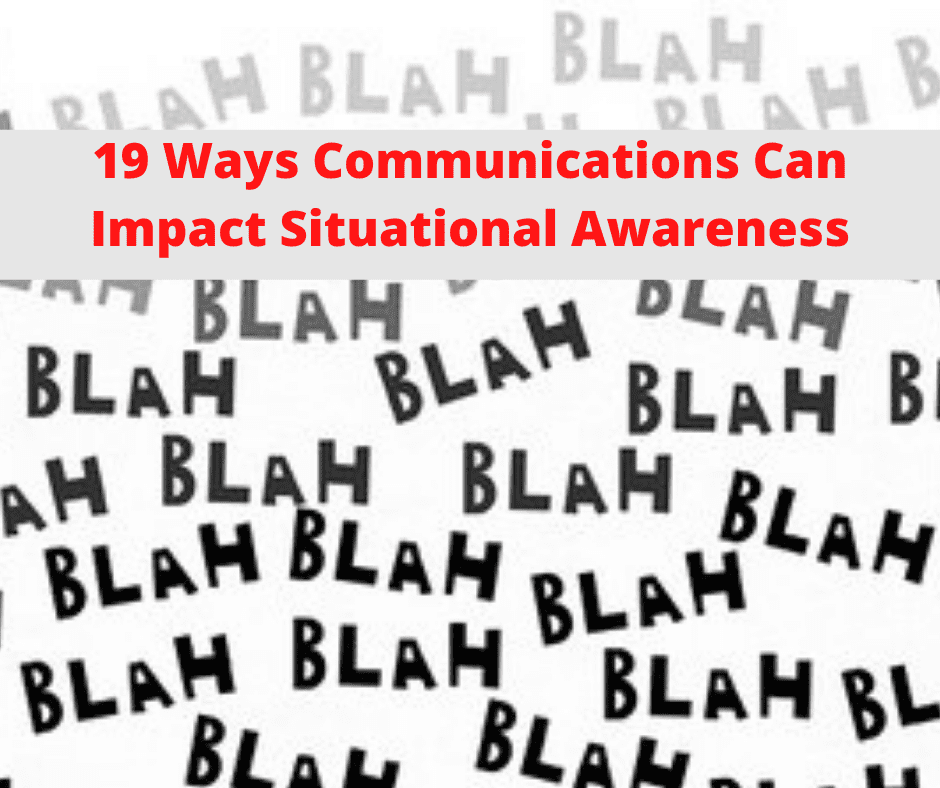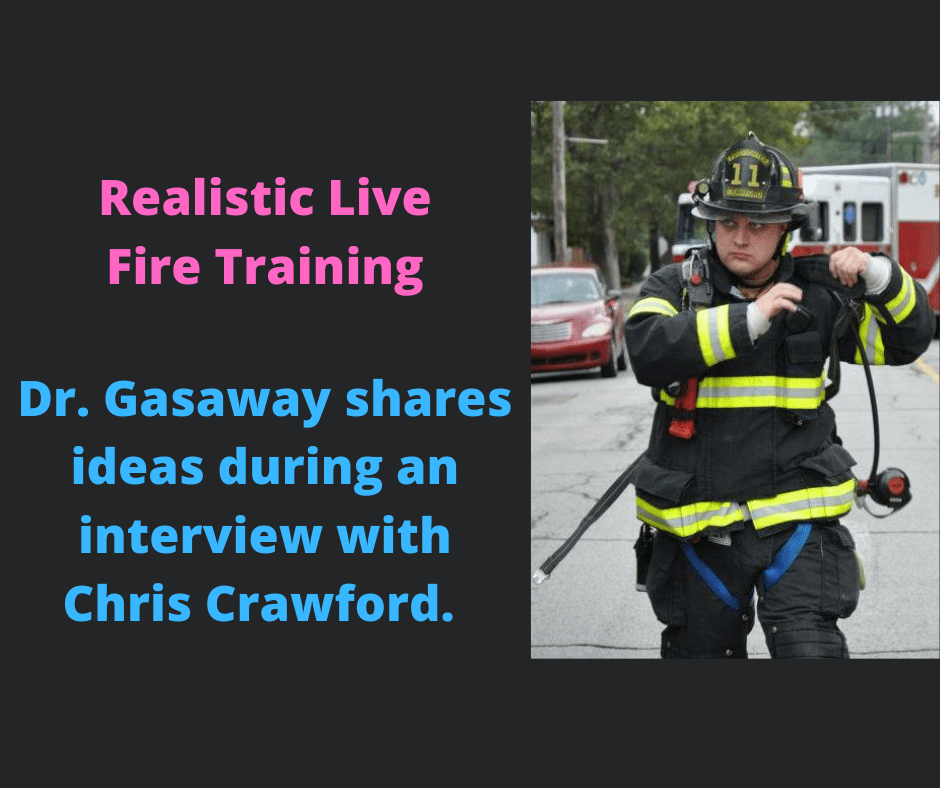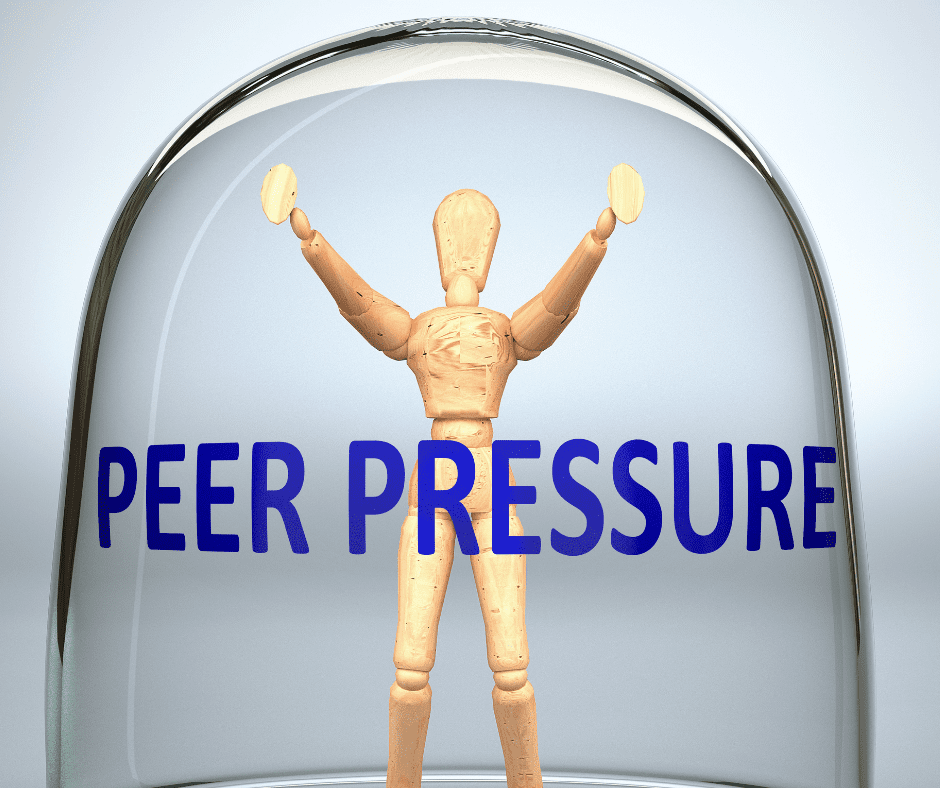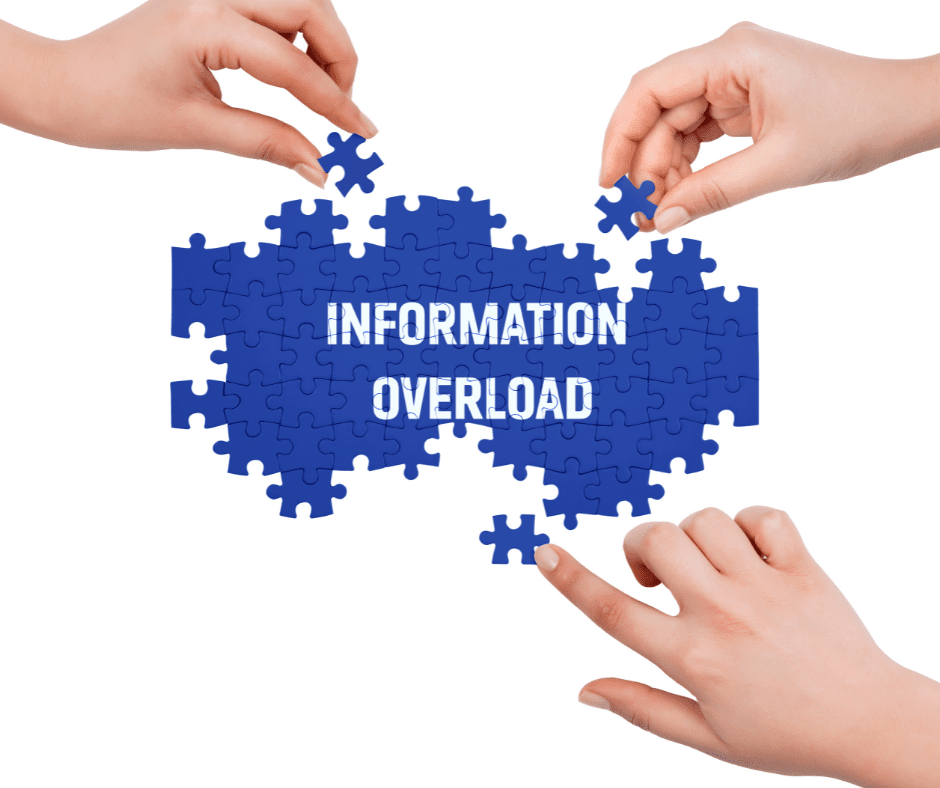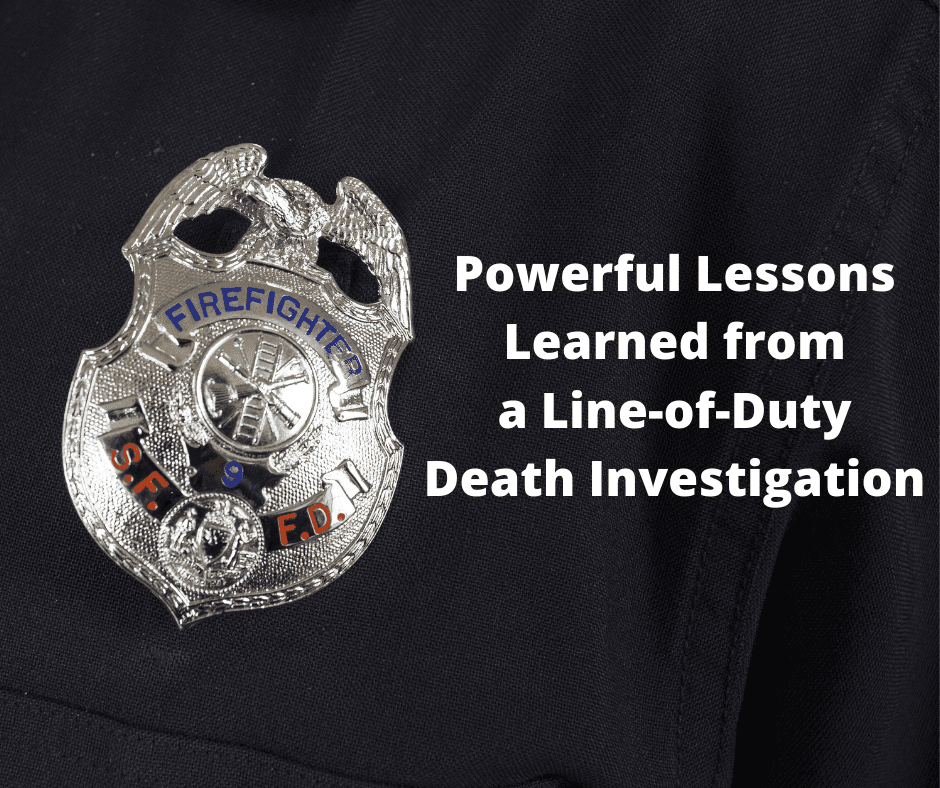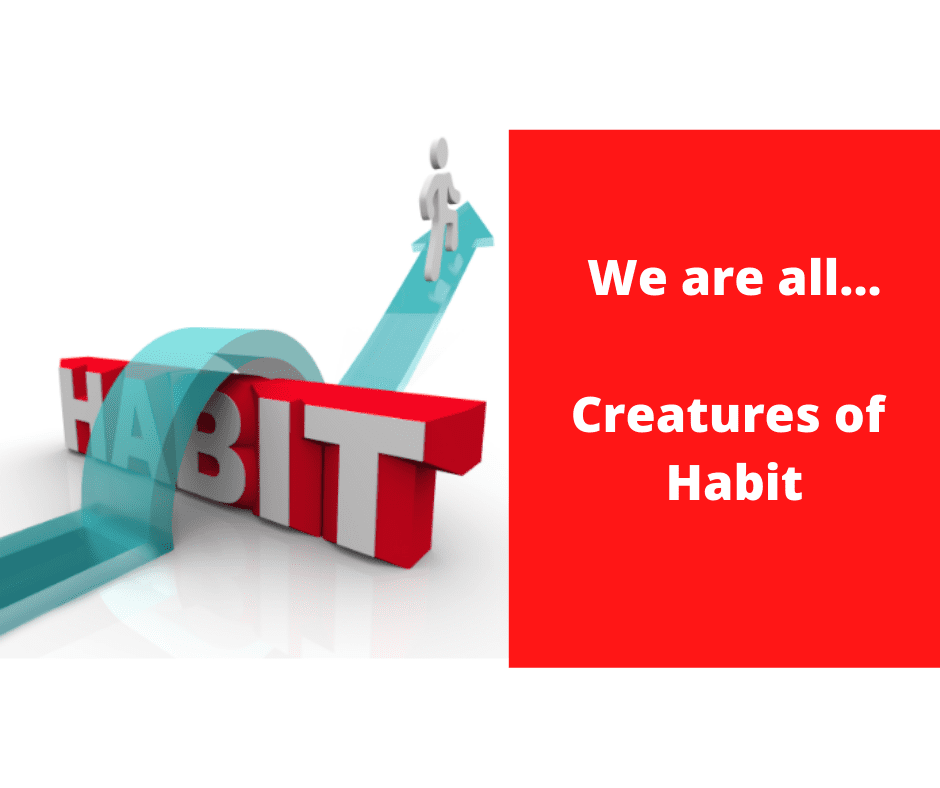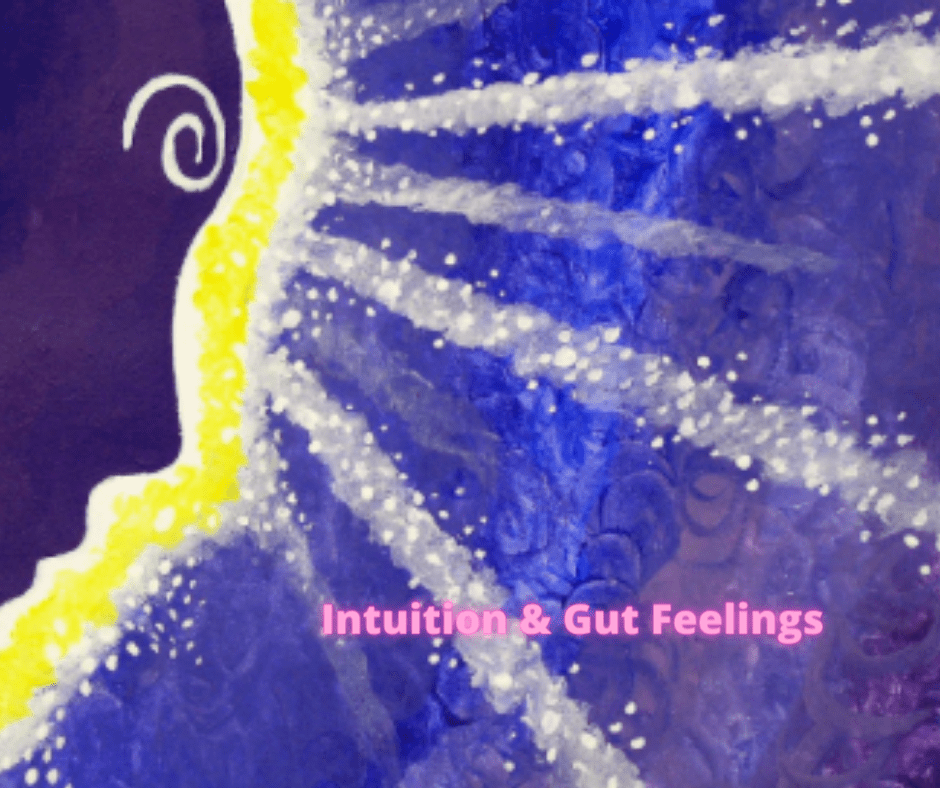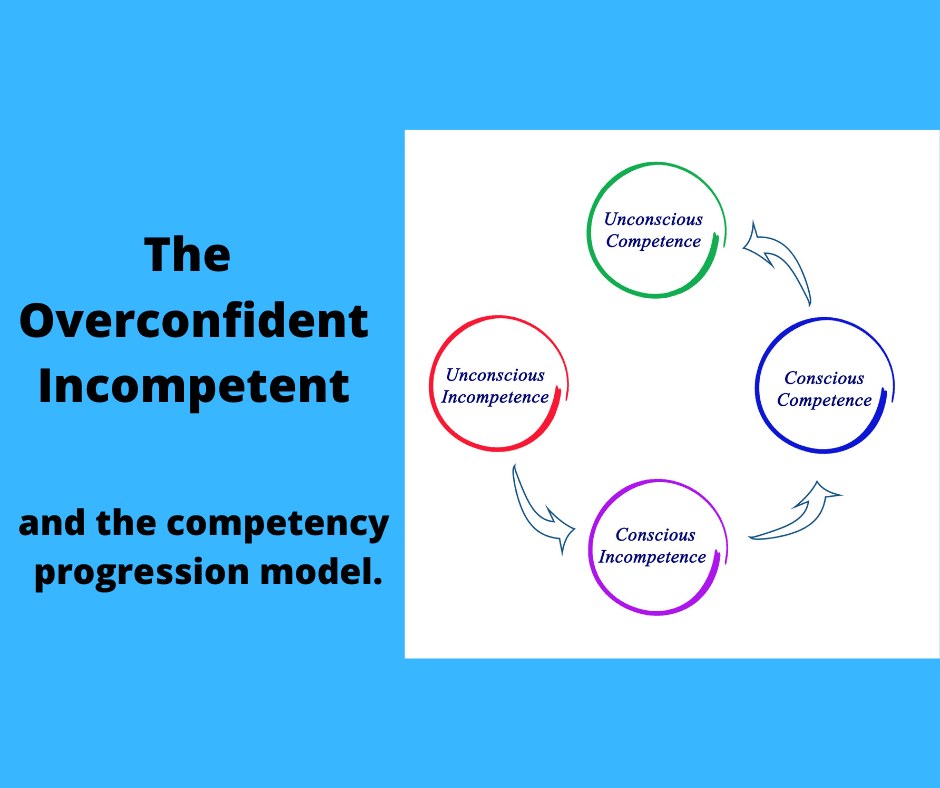Working Command – SAM 360
In this episode explores how situational awareness may be impacted when the first arriving officer establishes a “working command.” I get asked a lot of questions about what the first arriving company officer should do at a working structure fire. Specifically, the debate revolves around two basic premise. Should the first arriving company officer assume […]
Working Command – SAM 360 Read More »

